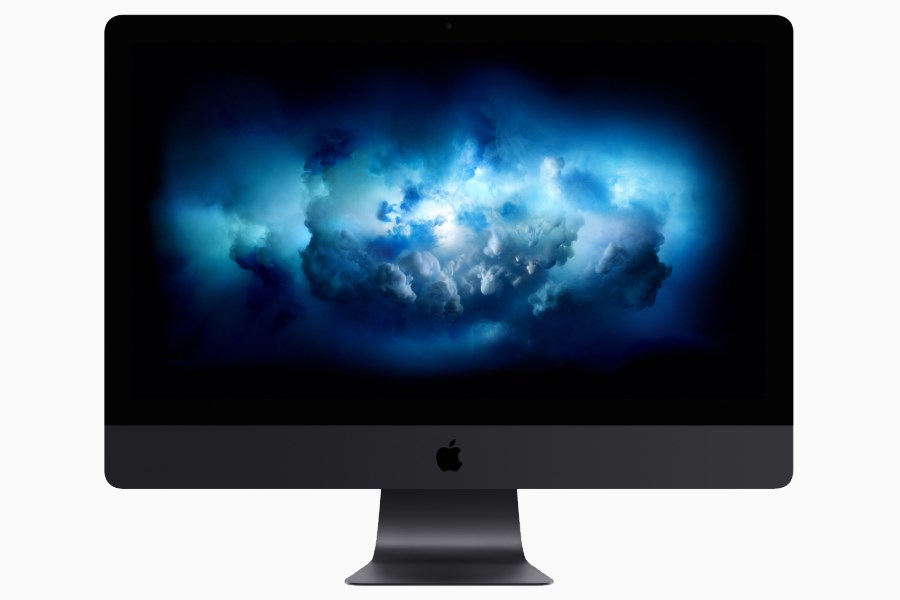According to MacRumors, failure to complete the Apple diagnostics test will result in an “incomplete repair”, with the systems then being rendered “inoperative” due to the latter failure. The tests are also different, depending on the Apple machine in question.
For the 2018 MacBook Pro, the diagnostics requirements applies to the display, logic board, Touch ID, keyboard, battery, trackpad, and speakers. For the iMac Pro, the diagnostics tests only applies to the desktop’s logic board and flash storage. MacRumors also report that Apple’s new software diagnostics requirement stems from the brand’s desire to better protect its custom T2 chip that can found inside the iMac Pro and 2018 MacBook Pro. Needless to say, Apple’s diagnostics requirement has been met with some resistance from third party and independent repair shops, and with good reason. The diagnostics toolkit that performs these tests are only available as Apple Service Toolkits, and are for internal use with the Apple Stores and authorised service providers. That means that independent repair shops without the proper Apple certification are left in the lurch. Unable to repair certain parts of the two machines. In the US, specifically, there has been a boom in the independent market for MacBook repairs, so its easy to see how Apple’s move actually threatens the livelihood of small computer repair businesses.
At the time of writing, MacRumors said that it had reached out to Apple regarding the matter, but the latter has yet to release any official statement. (Source: MacRumors, Motherboard, The Verge)


